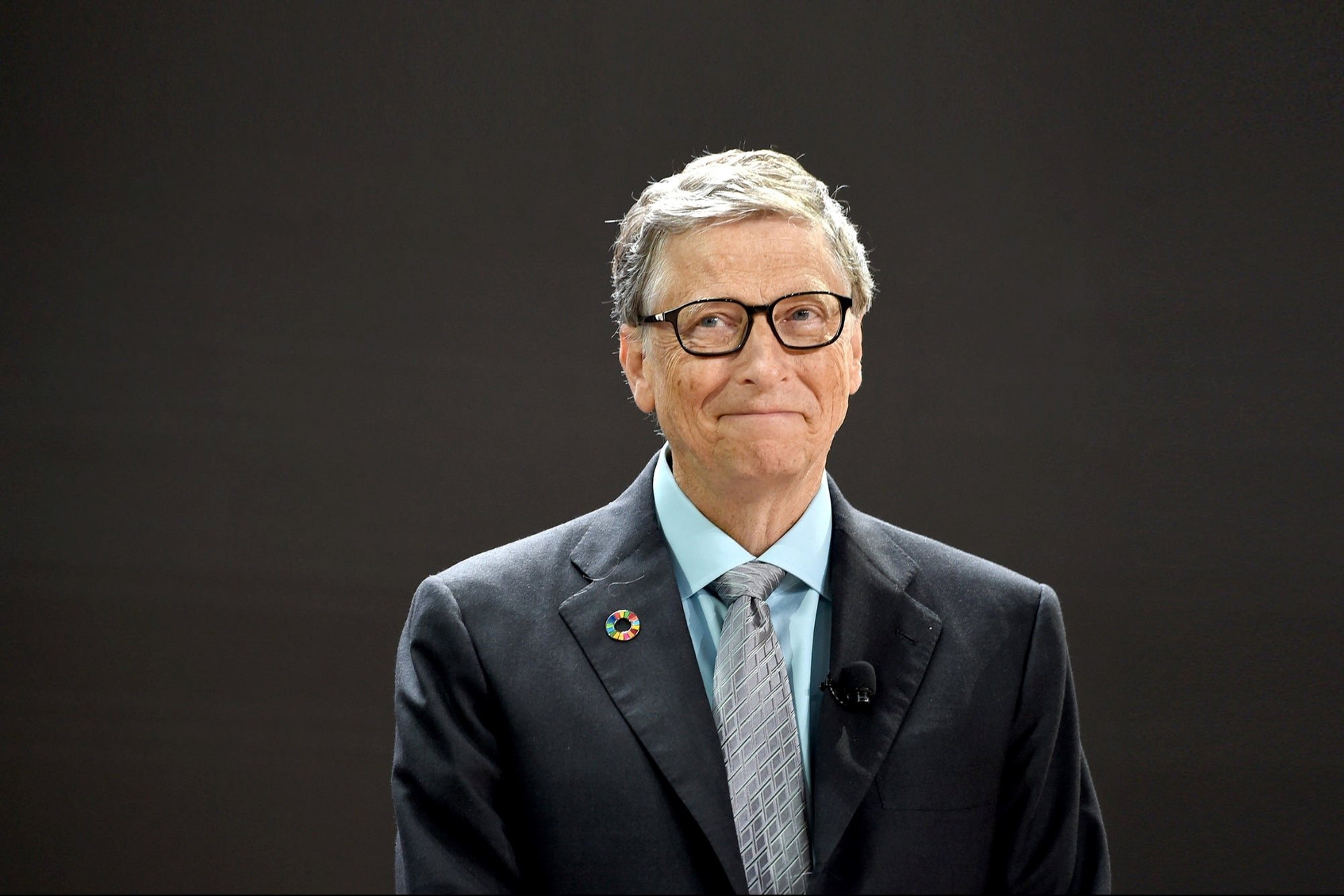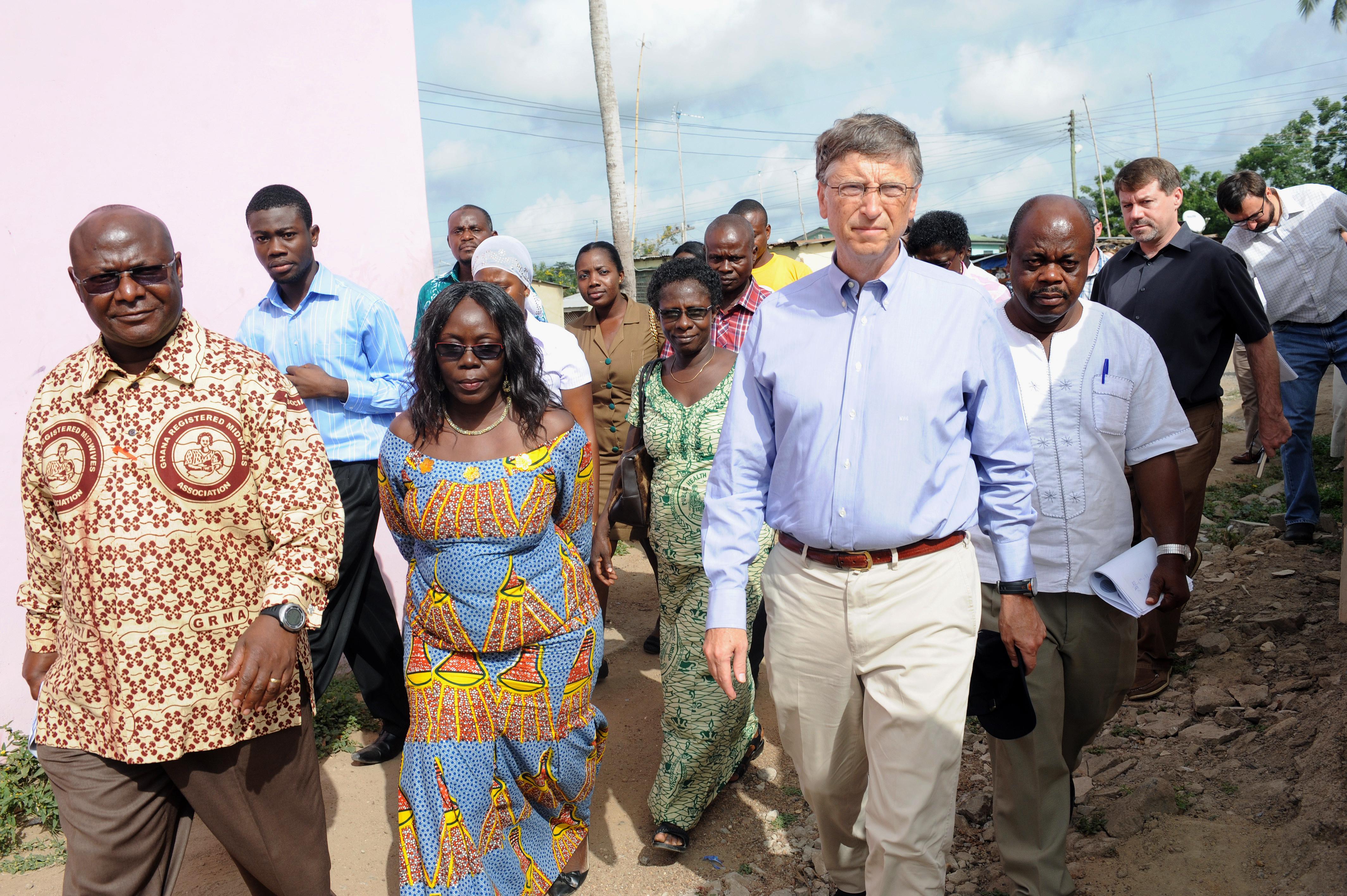
In a world increasingly threatened by climate change, food insecurity, and rising poverty, Bill Gates has made one of his most strategic and ambitious investments yet—transforming agriculture in Africa. This is not just another philanthropic effort by the billionaire but a bold wager on the future of a continent often overlooked by the global economic order.
Through the Bill & Melinda Gates Foundation, Gates has funneled billions of dollars into agricultural development programs across Africa, with a singular mission: to ignite an agricultural revolution capable of lifting millions out of poverty while addressing the urgent challenges posed by a warming planet.
At the heart of Gates’ vision is the belief that boosting agricultural productivity among smallholder farmers is the key to breaking the cycle of poverty that ensnares vast swaths of the African population. The numbers are stark—more than 60 percent of sub-Saharan Africans rely on farming for their livelihoods, yet agricultural productivity remains dismally low.
Poor access to quality seeds, rudimentary farming tools, lack of financing, and inadequate access to markets have long kept these farmers trapped in subsistence farming, unable to generate the surplus needed for economic advancement.
Gates’ solution to this entrenched problem is comprehensive and technologically forward-thinking. Central to his strategy is the Alliance for a Green Revolution in Africa (AGRA), an initiative launched with the backing of the Gates Foundation.

AGRA aims to catalyze systemic change by providing farmers with high-yield, climate-resilient seeds, modern farming tools, and cutting-edge agricultural techniques. By equipping farmers with these resources, Gates believes Africa can unlock a new era of food security, economic growth, and resilience against climate shocks.
The stakes could not be higher. Climate change is already wreaking havoc on traditional farming practices, with unpredictable weather patterns, prolonged droughts, and invasive pests decimating crops across the continent. Gates argues that without immediate and substantial intervention, Africa faces a looming food crisis that could have devastating social and economic consequences. By investing in agricultural innovation, Gates hopes to build a buffer against these threats, ensuring that farmers are better equipped to adapt to the changing environment.
Beyond seeds and tools, Gates’ approach emphasizes building infrastructure that connects farmers to markets. It is not enough to grow more food if farmers cannot sell their produce profitably. The Gates Foundation has supported projects aimed at improving rural roads, storage facilities, and supply chains, creating pathways for smallholder farmers to access regional and international markets. This market integration is critical for transforming farming from a survival activity into a viable business that can sustain families and communities.
Education and knowledge transfer are also central to Gates’ agricultural revolution. The Foundation has funded numerous agricultural extension programs that train farmers in sustainable practices, soil health management, and efficient water usage.

These educational efforts aim to disseminate modern farming knowledge that can increase yields while preserving the environment. By empowering farmers with information, Gates envisions a future where African agriculture is both productive and sustainable.
Critics, however, have not been silent. Some accuse Gates of imposing a Western model of agriculture on Africa, arguing that the emphasis on high-yield seeds and commercial farming could undermine traditional farming practices and biodiversity. There are concerns that an over-reliance on patented seeds and chemical fertilizers could entrench dependency on multinational corporations, sidelining indigenous knowledge and local crop varieties.
Gates has acknowledged these concerns but insists that the choice between tradition and innovation is a false dichotomy. He argues that empowering farmers with options—both traditional and modern—allows them to make informed decisions best suited to their contexts.
Despite the controversies, the impact of Gates’ agricultural investments is already visible. In countries like Rwanda, Kenya, and Nigeria, farmers supported by AGRA and similar initiatives have reported significant increases in crop yields and incomes. Success stories of farmers transitioning from hand-to-mouth existence to thriving agricultural entrepreneurs are emerging, fueling optimism that a broader transformation is possible.
Moreover, Gates’ agricultural crusade has drawn attention to the broader geopolitical importance of food security. As global population growth accelerates, ensuring stable and sufficient food supplies will be critical to maintaining social stability and preventing conflicts driven by resource scarcity. Gates’ focus on Africa is a strategic recognition that the continent, with its vast arable land and young population, holds the potential to become a global breadbasket if properly supported.

Gates’ personal commitment to this cause is also evident. He has frequently visited African farms, engaged with local leaders, and participated in international forums advocating for agricultural development. His visibility and influence have helped mobilize additional resources from governments, private sector partners, and other philanthropists. The goal is not merely to provide charity but to spark a self-sustaining movement that empowers Africans to drive their agricultural future.
Yet, challenges remain. Structural barriers such as land tenure issues, political instability, and inadequate financial services continue to hinder agricultural progress in many regions. Gates has called for holistic approaches that address these systemic obstacles, urging policymakers to enact reforms that protect farmers’ rights, encourage investment, and ensure equitable access to resources.
The intersection of agriculture and climate change is another complex frontier Gates is keen to tackle. The Gates Foundation has invested in research on climate-smart agriculture, exploring innovations like drought-resistant crops, precision farming technologies, and carbon sequestration techniques. These efforts align with global climate goals, positioning African agriculture not just as a victim of climate change but as a proactive player in the global fight against environmental degradation.

In essence, Gates’ agricultural ambitions for Africa reflect a broader philosophy of problem-solving through innovation, collaboration, and scalability. He envisions a future where technological ingenuity and human determination converge to overcome seemingly insurmountable challenges. Whether this vision will fully materialize remains to be seen, but the momentum generated by Gates’ investments has undeniably shifted the narrative around African agriculture.
As the world grapples with the dual crises of climate change and food insecurity, Gates’ billion-dollar bet on Africa stands as a testament to the transformative power of targeted philanthropy. It is a high-stakes gamble with the potential to reshape not just a continent, but the entire global food system. If successful, Gates’ agricultural revolution could serve as a blueprint for sustainable development worldwide, proving that with the right support, even the most formidable challenges can be turned into opportunities for growth and prosperity.
-1749530743-q80.webp)


